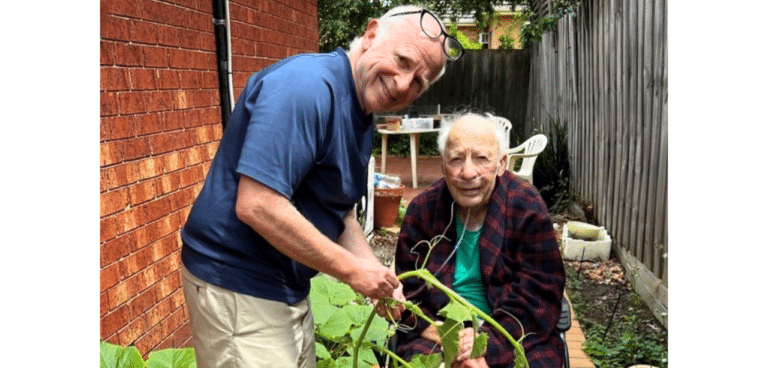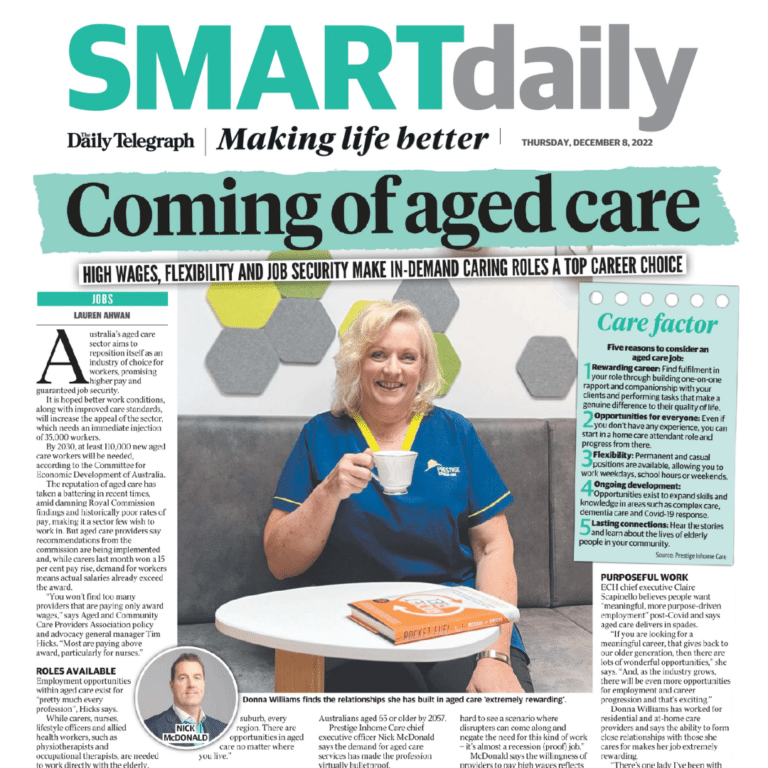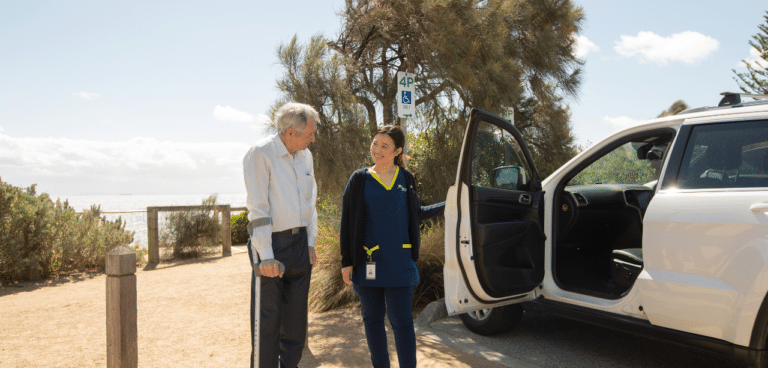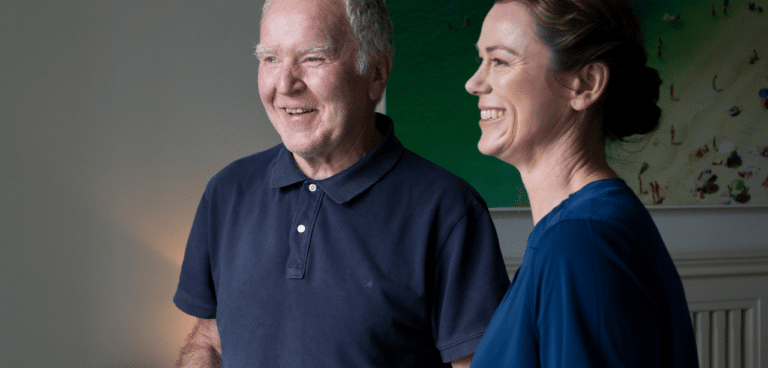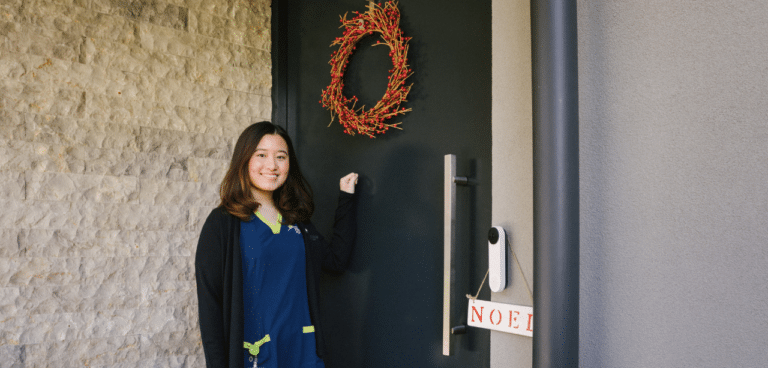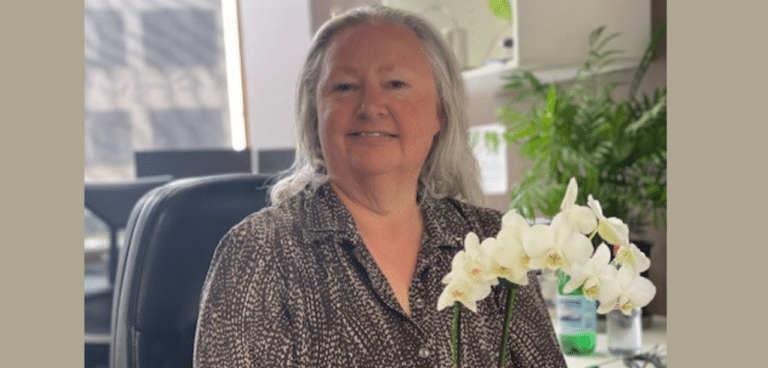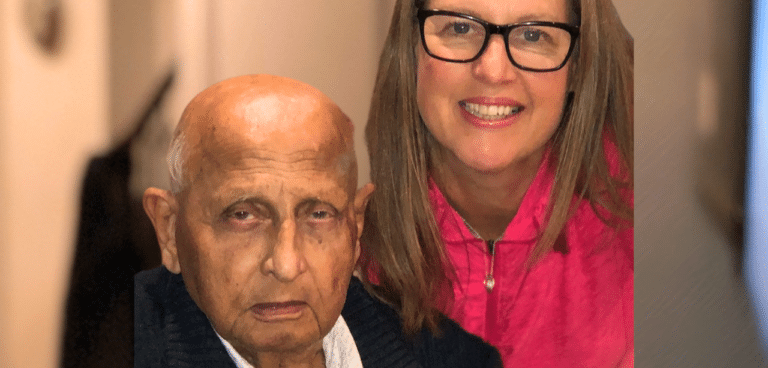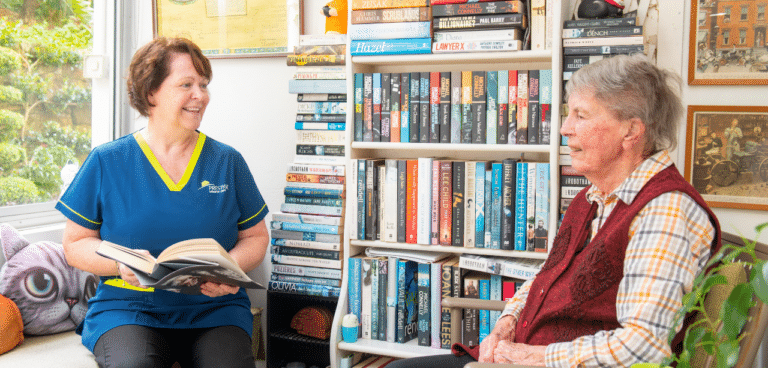Many of our Prestige Inhome Care nurses and carers build a special bond with clients, providing them with genuine companionship, friendship and share significant times with them. This includes caring for the client until the end of their life.
For many care staff, they continue to hold them fondly in their thoughts and hearts for a long time after their time together has ended. Jessica recently lost a client and shared with us her thoughts and feedback …
To launch the Prestige Inhome Care staff volunteer day, Thea and her husband volunteered at the Disability Surfers Association (DSA) in Inverloch over the Labour Day weekend. Here, Thea shares her experience with us.
“My favourite part about this role is engaging and building relationships with new carers.”
Every Prestige Inhome Care carer who visits Jozeph is struck by his generous spirit and happy nature. Like many Prestige clients, Jozeph has led an extraordinary life and entertains his care team recounting some of the significant events in his life.
For most Australians, the festive season is about happy gatherings and high spirits, but it can actually be one of the loneliest times of year for many, particularly the older generation.
The aged care sector continues to tackle the shortage of aged care workers and the increase in demand. Prestige Inhome Care CEO Nick McDonald recently shared in the media how the demand for aged care services makes the senior care sector a stable career choice and the importance of the work that carers do. Prestige carer Donna talks of the personal rewards a job in care brings.
The summer holiday period is a time to look forward to and enjoy to the fullest. Yet, it can also cause some anxiety if you are unsure about your care support or that of your loved one, especially if travel is involved. Prestige Inhome Care is the perfect solution. Read on about the many ways Prestige can give you peace of mind, wherever you are over the holidays.
November (or Movember) is a time to focus on mens health. For our clients who are living with a disability, including MND, Parkinsons disease, MS and those with complex mental health conditions, achieving your personal goals is often in focus. Movember campaign is a reminder to take a look at those areas of your life that may not always get a lot of attention.
Are you looking for extra work over the Christmas period? We have lots of Christmas casual opportunities in Melbourne and Sydney.
Prestige Inhome Care is a private provider of premium home-based care services. We understand this Christmas period will be busier than ever, with more clients requiring our services.
As Client Services Team Leader, Jayne encourages good teamwork between the care staff and the support team in the office. She supports carers to grow and learn and gain confidence in their own abilities, thereby providing better service to clients. She provides advice or support to her care team and is always available to help with client concerns.
For 10 years Stephanie was primary carer for her father-in-law. She was one of over 2.6 million carers in Australia providing essential care and support for a family member or friend. Stephanie worked full time to ensure Clarry could live comfortably at home with his family and remain as content as possible as he aged through his nineties and the inevitable deterioration in his health.
Looking back now, she is grateful to be able to draw on memories of him in his final years smiling, active and relaxed and knows that she played a major role in ensuring his life was as comfortable as possible.
Demand for in-home care services is increasing as more ageing Australians opt to stay in their home for longer, and the Sydney Eastern Suburbs community is no exception, with many locals considering care services.
Thankfully, there are local care workers like Caroline, who are dedicated to helping others live their best life possible in their own home. Caroline, who has worked as a carer in Ireland and Australia for almost 20 years, says the close bond she forms with clients keeps her committed to her job.




